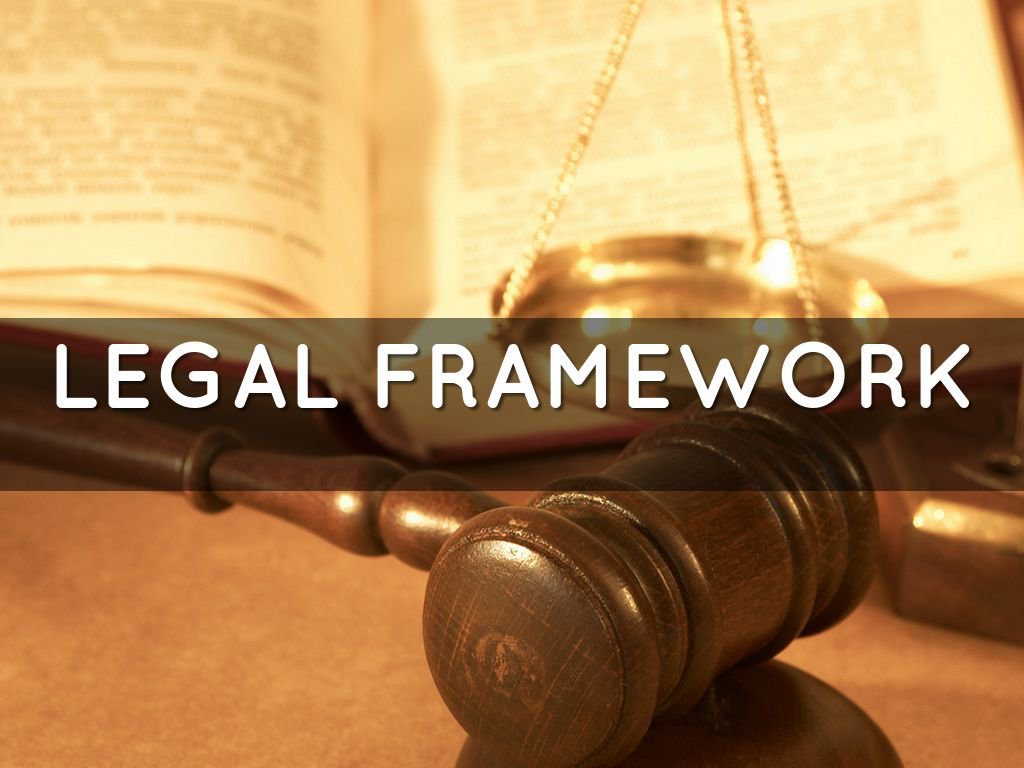Introduction
In today’s complex and ever-evolving society, the legal framework serves as a crucial foundation for ensuring justice, protection, and peaceful coexistence. This comprehensive structure comprises the laws, regulations, courts, and law enforcement agencies that work together to maintain order and resolve disputes within a country or jurisdiction.
Importance of a Legal Framework
1. Protection of Rights: A robust legal framework safeguards the fundamental rights of individuals and organizations. It ensures that every citizen is treated equally under the law while protecting personal freedoms and liberties.
2. Dispute Resolution: Conflicts and disagreements between various parties are an inevitable part of human interactions. The legal framework offers structured mechanisms for dispute resolution through judicial proceedings, arbitration, mediation, or other alternative processes.
3. Maintaining Order: The legal framework establishes a set of rules that individuals, businesses, and government entities must follow. This helps maintain order in society by defining acceptable behaviors and deterring criminal activities.
4. Economic Growth: A well-functioning legal system is an essential ingredient for economic growth and development. It provides stability by mitigating risks and creating an environment that attracts foreign investment and fosters entrepreneurship.
5. Social Progress: The legal framework can also contribute to social progress by promoting inclusiveness, fairness, and compassion. Laws supporting activities such as civil rights enforcement or environmental conservation can help shape a more equitable society.
Key Components of a Legal Framework
1. Constitution: At its core, a legal framework derives its authority from a constitution or a similar foundational document that outlines the governing principles of a country or jurisdiction.
2. Legislation: Legislatures create statutory laws—acts passed by lawmakers—which serve as components of the legal framework. These laws outline rights, obligations, prohibitions, and responsibilities applicable to different sectors of society.
3. Regulations: Government agencies develop regulations to enforce legislative statutes further. These administrative rules clarify and define specific procedures and requirements for individuals and organizations.
4. Case Law: Judicial decisions on legal disputes form the basis of case law, which serves as a valuable resource for interpreting and applying the legal framework. This body of law evolves as courts provide rulings on new cases and revisit past decisions.
5. Law Enforcement Agencies: At various levels of government, numerous law enforcement agencies ensure adherence to the legal framework. These institutions include police departments, investigation bureaus, and regulatory agencies, among others.
Challenges in Developing an Effective Legal Framework
While the importance of a solid legal framework cannot be overstated, establishing and maintaining such a system presents challenges. Some key factors include:
1. Ensuring Consistency: A comprehensive legal framework requires consistency in its provisions and enforcement to avoid confusion or conflicting interpretations.
2. Adapting to Change: As society evolves, policymakers must review and modify the legal framework to address emerging issues such as technological advancements or shifting social values.
3. Transparency and Accountability: A transparent legal system that demonstrates accountability is vital in maintaining public trust in the rule of law.
Conclusion
A well-designed legal framework is indispensable for fostering economic development, ensuring social justice, and preserving individual rights. With continued efforts to strengthen the rule of law globally, it is crucial for policymakers to recognize the value of an effective legal system in promoting a stable and thriving society.





